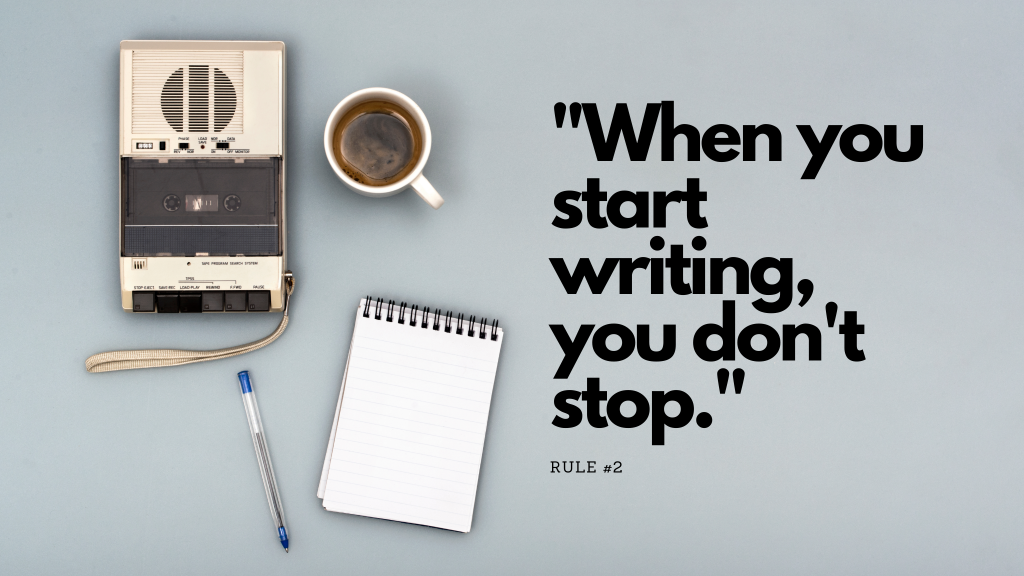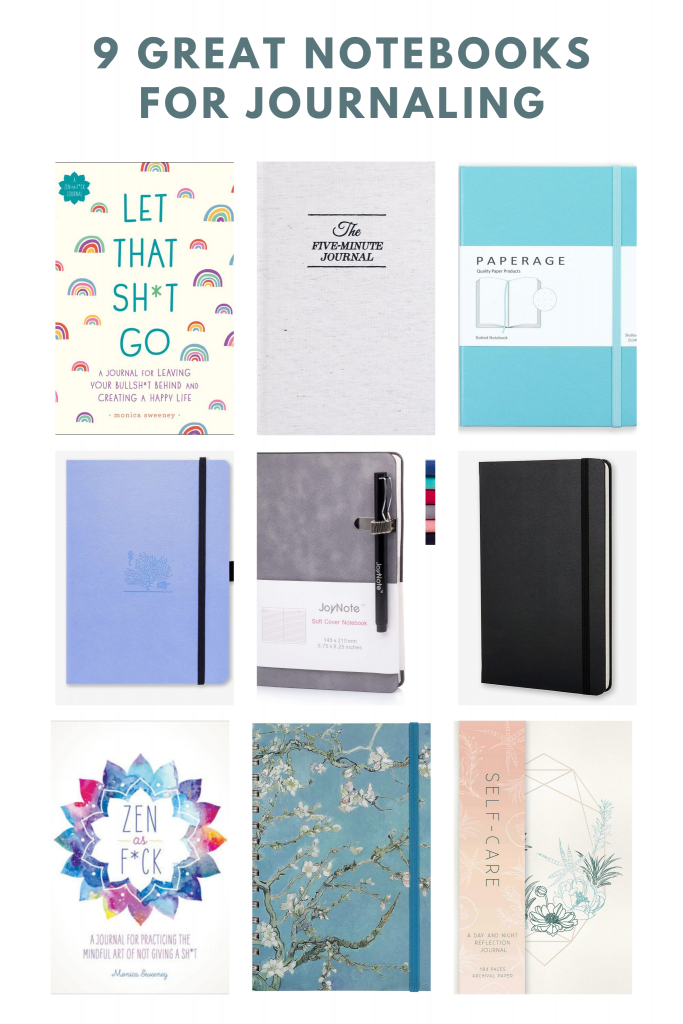This post may contain affiliate links, which means I’ll receive a commission if you purchase through my link, at no extra cost to you.
Want to try out journaling but don’t know where to start? Below I’ll explain to you step by step what you need, how to journal, and what it gets you.
Maybe you want to feel more at peace or boost your creativity. Perhaps you’ve been feeling “meh,” and you want to know what’s going on beneath the surface. Journaling is an incredibly powerful tool for getting your subconscious dirt out on paper. Now let’s get started with the 7 journaling tips.
1. Journal first thing in the morning
If you want to take journaling seriously, the best time to do it is first thing in the morning. Why? Because when you just wake up, you’re still very close to your subconscious world. After getting your first journal, set yourself a time every morning to write 2-3 pages longhand. If you write on A5 paper do 3 pages, on A4 do 2. This is an idea I got from Julia Cameron’s book The Artist’s Way, which I cannot recommend enough. More about that below.
Tip: Tell your family members of your commitment and ask them not to bother you for those 15-20 minutes you are journaling. If that’s hard, start waking up a little earlier. It will do wonders for your day.
2. When you write, don’t stop
The purpose of journaling is not to write a ‘dear diary’ story. We’re looking for the raw truth here, and the only way you get it out is by tricking your mind not to intervene. How do you do that? Once you start writing, you don’t stop to think. You just blurt out the very next thing that comes up. Even if that’s a useless phrase, you’ll get to the more important stuff when you stay in the flow.

3. Treat it like a practice
This is a practice, so don’t expect the deepest depths of your subconscious to be revealed on day 1. Do expect that everyday journaling will peel away another layer of your subconscious and show what is going on within you. As you keep up your practice, you’ll start getting familiar with your coping mechanisms and what is at the root of your anxiety or frustration.
4. Get out the dirt
At this point, you might ask: what exactly is the purpose of getting my subconscious out of paper? Doing that helps us to see clearly again. These 2-3 pages of writing are where we’ll spill our layers of anger, sadness, or frustration and take the weight off our shoulders. When that stuff is out, we can check in with ourselves to know what’s next.
5. Focus on what matters
By committing to journaling first thing every morning, we free up our minds to focus on things that matter. All our annoyances, petty hurts, and not so petty hurts go on the paper. When it’s done, we use the freed-up space to start showing up as our higher self. If you’re interested to learn more about this, definitely read Julia Cameron’s The Artist’s Way and The Right to Write. Although this meant for artists, I feel that these books are incredibly useful for everyone who wants to live a fulfilled life.

I personally prefer using a lined notebook with no guidance. However, if you’re just starting out with your journaling practice it’s helpful to use a journal that gives some guidance like Let That Shit Go.
6. Have no judgment
This type of journaling is meant to free you from things that eat at you. That’s why you should not judge yourself for anything you write. Writing down your unfiltered anger and judgment is not pretty, but it doesn’t have to be. The real purpose of this commitment is to get those nasty, judgmental, and angry thoughts out. This is your private practice, so don’t hold yourself back from sharing what you feel. Are you feeling jealous? Angry? At who and why? Your subconscious mind will tell you.
7. You are not what you write
An important disclaimer: do not be scared of what you spill out on paper. It doesn’t define you, and it’s not who you are. What counts here is your intention to go beyond the bad stuff. Feel it, write it down, toss it away. The things we write down are often a pointer to a more significant topic. For example, “I hate how I always have to tidy up behind everyone, and I don’t have a moment of peace” could lead us to understand: I need to communicate my boundaries. I need to take time for me.
Why this works
Journaling is a mental health tool because we learn to be intimate with our feelings. Getting our dark thoughts out of the way is a transformative experience. Try reflecting on your morning pages a few months later. I promise you’ll be proud of yourself.
Questions about journaling? Ask below!



Leave a Reply